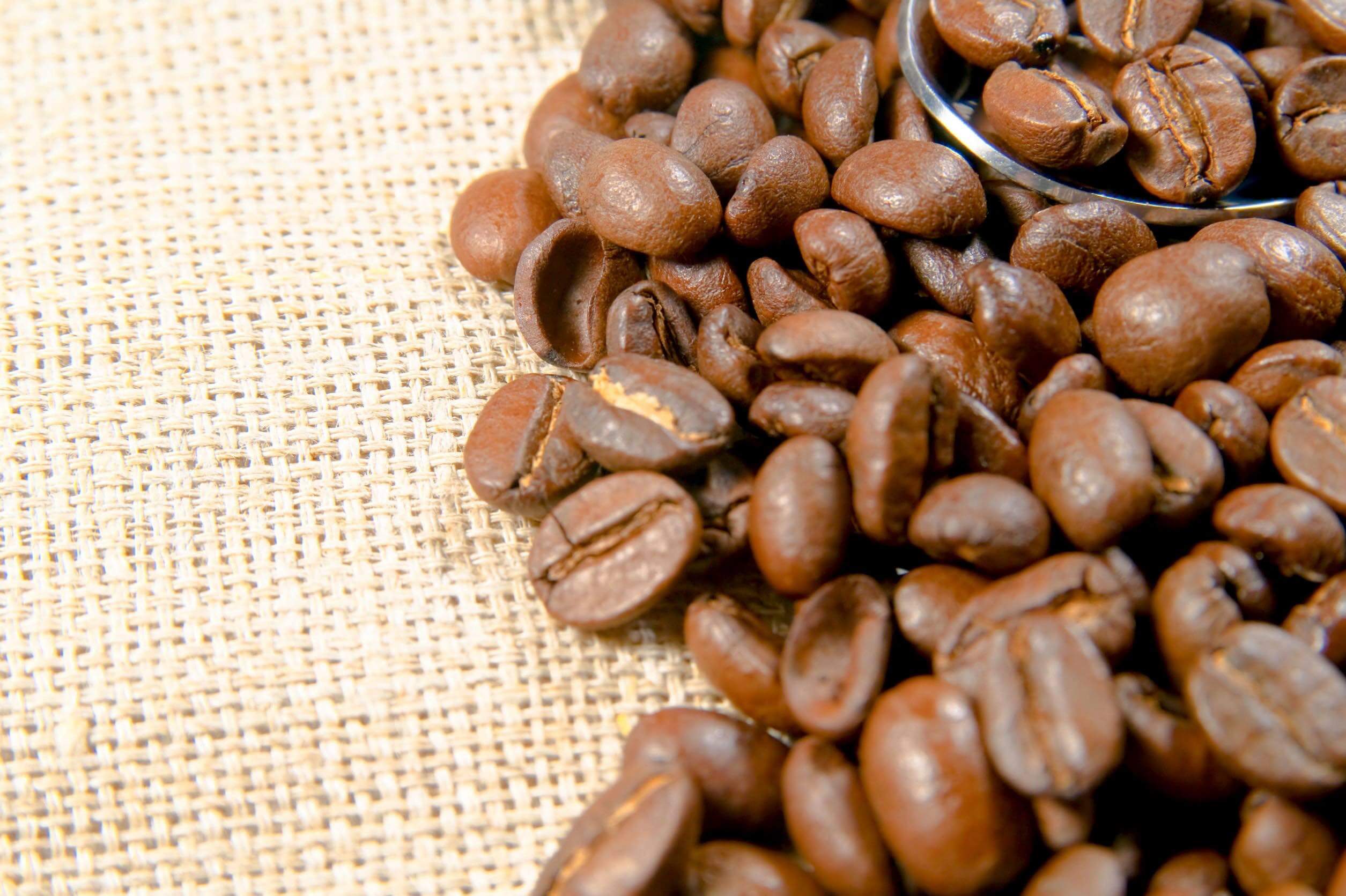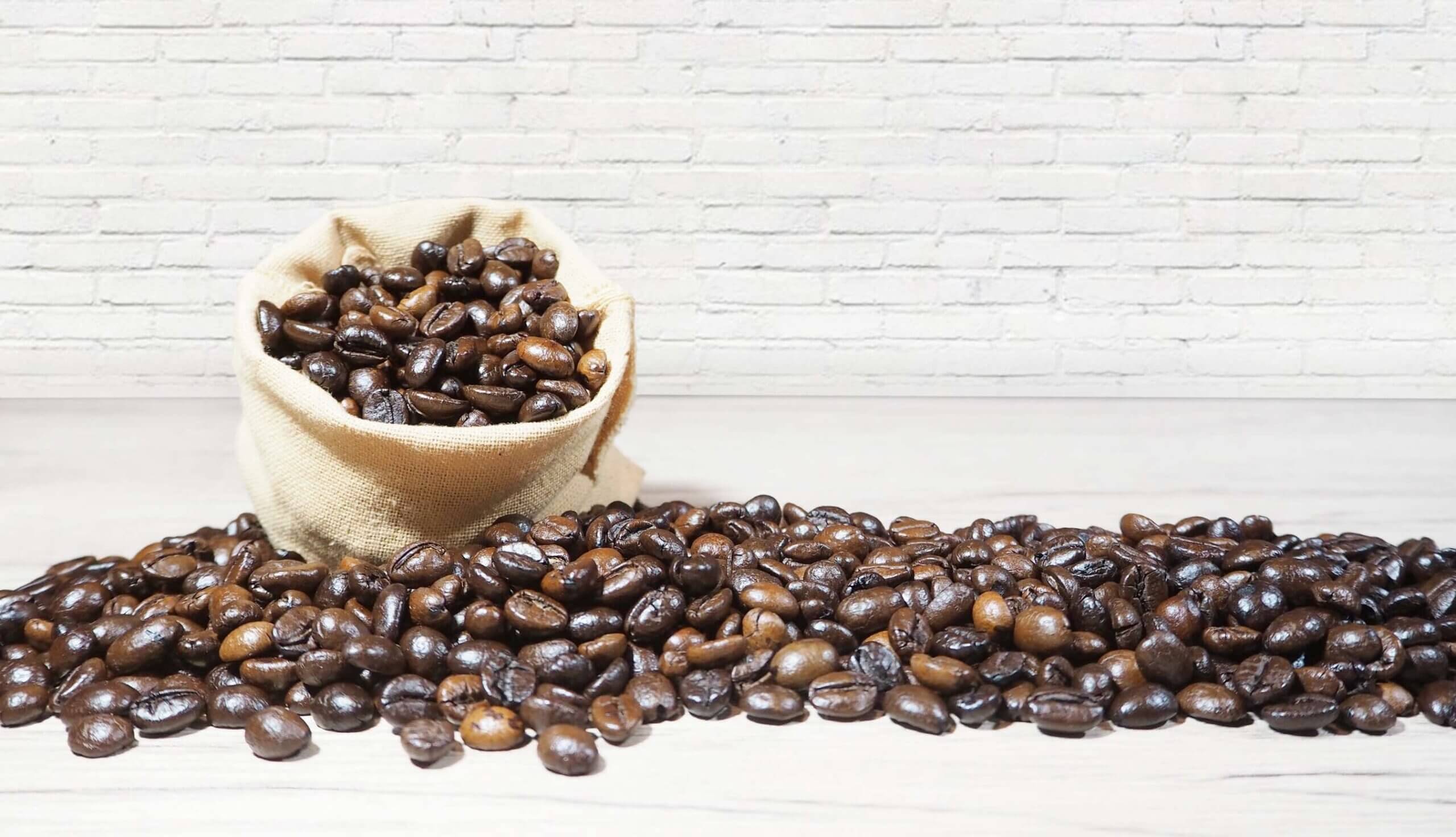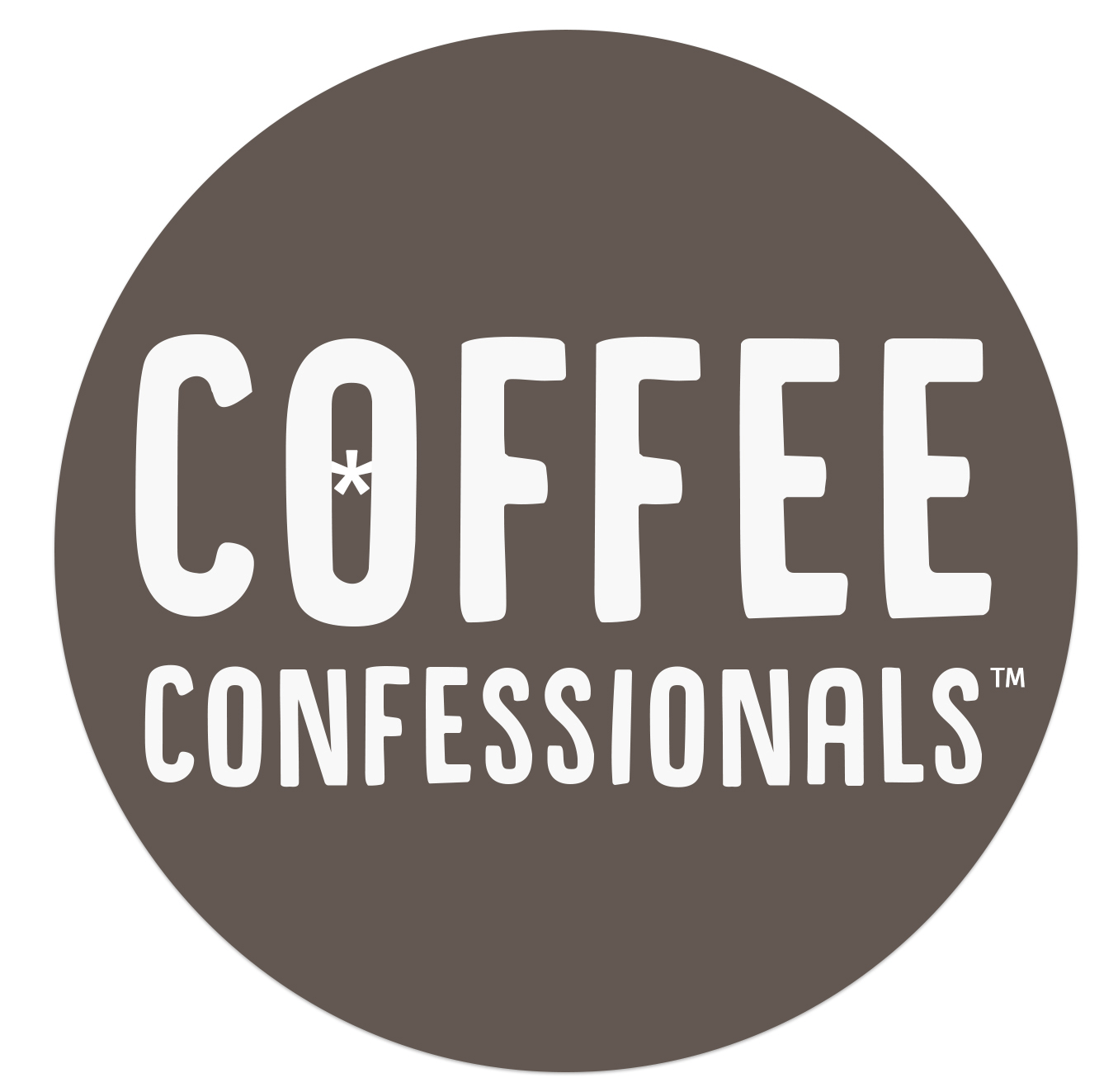How to Keep Your Coffee Beans Fresh

Did you know that there’s a noticeable difference between fresh and stale coffee? Although coffee doesn’t “go bad” in terms of becoming moldy, it can quickly lose its freshness.
Just like any other item in your pantry, knowing how to keep your coffee fresh will help to preserve its flavor.
What makes coffee go stale?
Coffee beans contain a variety of solubles such as oils, fruit acids, caffeine, and carbohydrates that are extracted from the coffee in the brewing process. These solubles give us the aroma and flavor of coffee that we all love, but they begin to break down when not sealed properly.
When coffee beans or grounds are exposed to the air, they quickly begin to oxidize. This process can be compared to iron becoming rusty as it’s exposed to the elements over time.
Other conditions such as too much heat, direct light, or moisture can also oxidize coffee beans.
How to know your coffee is fresh
The best way to know if your coffee beans are fresh is if they have a glossy or oily coating on them. Dark roasts tend to be more oily than light roasts, as dark beans are roasted longer which causes more of the oils to come to the surface.
Another sign of freshly roasted coffee is the presence of a valve on the packaging. The valve means the beans have been freshly roasted, as they are still emitting gasses from the roasting process.

Steps to keep your coffee fresh
- Buy whole beans from a small or local business. Whole beans stay fresh longer than pre-ground, and small businesses tend to roast their coffee in smaller batches. Try our medium roast Morning Mantra blend!
- For optimal freshness, it’s recommended to only grind the amount of coffee you will brew at that moment. If you like to have some pre-ground coffee to help save time, make sure to store the coffee in an air-tight container away from heat, light, and moisture.
- If you’re storing your beans in the original packaging, make sure to close the bag and squeeze out excess air through the valve to prevent oxidation.
What not to do with your coffee beans
- Don’t leave your coffee exposed to air, light, heat, and moisture.
- Don’t store your coffee in the fridge or freezer. Coffee is hygroscopic, meaning it absorbs tastes, odors, and moisture from its surroundings. The environment and other food in your fridge or freezer will affect the quality of your coffee. Not to mention freezer burn!
- Try not to bulk buy coffee. Even when the package hasn’t been opened, coffee beans will eventually lose freshness over time.
